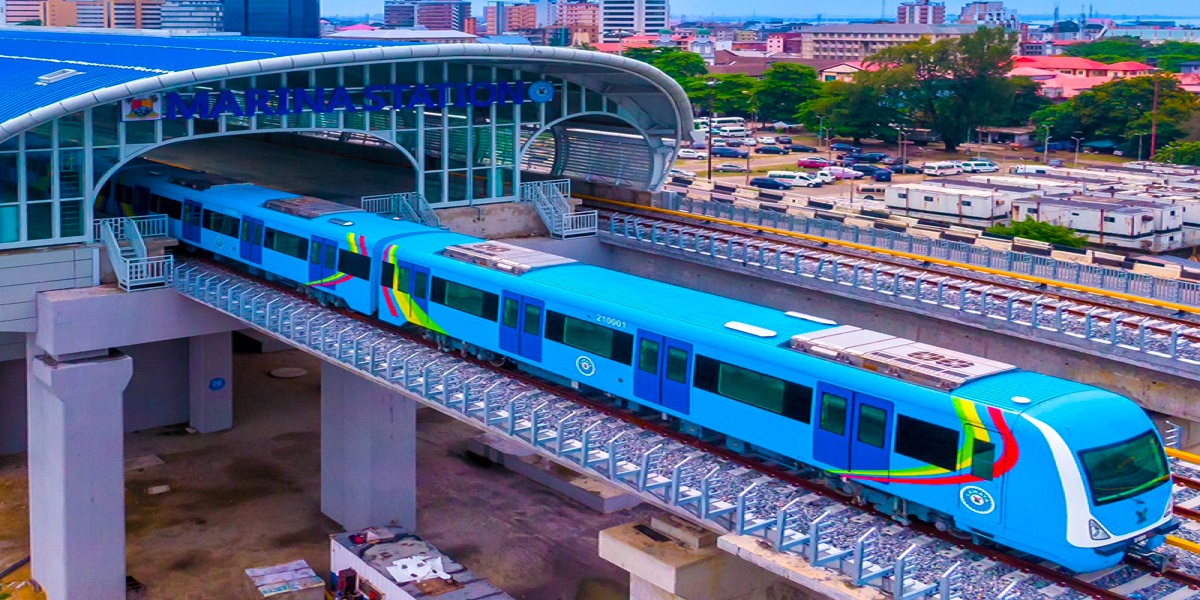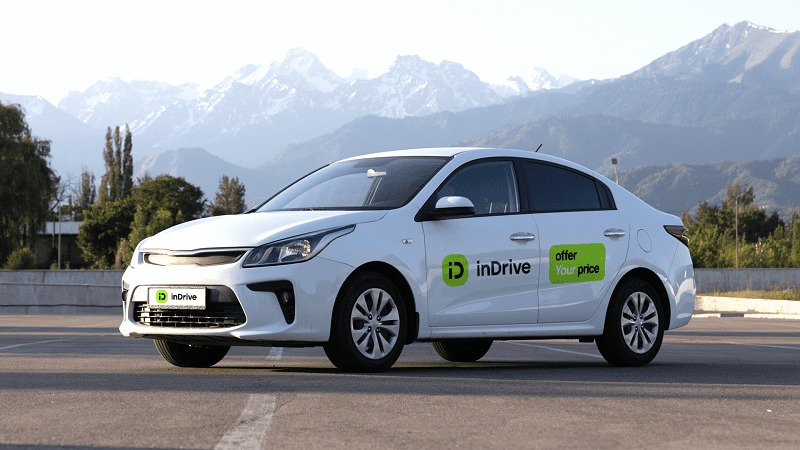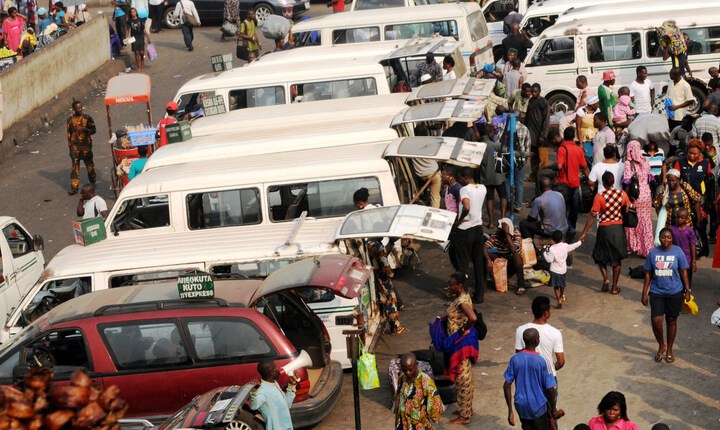Auto
10 Must-Have Items To Keep In Your Vehicle

By FindADriver247
Perhaps you’ve been driving yourself for a long time? Or you just got your first car? The experience can be very exciting and at the same time intriguing. The joy of owning a car becomes short-lived when the car develops a fault on motion and you don’t have a personal driver. It feels like you’ve made a terrible mistake buying a car especially when it breaks down in the middle of nowhere. But not to worry!
FindADriver247.com, Africa’s number one platform for hiring drivers on a monthly or daily basis shares 10 items that you must keep in your vehicles to assist you in the midst of car breakdown:
- A basic toolkit: You don’t want to weigh your car down too much, but you never know when an emergency might call for the use of a few basic tools, like screwdrivers, a tyre gauge, a jack and tools to help you remove a tyre. Your car might already come with a basic toolkit. Check your handbook for where to find it.
- A map: While you’re probably able to find your location using your mobile phone (only when safely parked of course), you know that you’re bound to have no battery just when you really need it. There’s no harm in keeping an old fashioned map in your boot just in case you find yourself getting lost without your phone to help you.
- A basic first aid kit: You never know when you might need to carry out some basic first aid while out on the road, whether it’s an accident you’ve been involved with, or one you’ve witnessed. Make sure you’ve always got items such as bandages, gauze, tape and disinfectant in the car.
- A spare in-car mobile phone charger: Especially if you’re a female driver driving alone, it’s crucial that you can call for help in an emergency, so always make sure you have a spare in-car charger in your car. You can buy a USB car charger quite cheaply, so all you have to do is connect the appropriate cable for your phone. Alternatively, you could get hold of a cheap spare mobile phone and keep it fully charged in your car in case you ever need it.
- A torch: This is a simple one but could really help if you find yourself in trouble when it’s dark, especially if there aren’t any street lights (especially when NEPA takes light).
- Warning triangles: If you break down you may find warning triangles helpful to warn approaching drivers of an obstruction in the road. Also, if you’re driving abroad, depending on the country you could end up with a fine if you don’t have warning triangles in your car.
- Spare engine coolant, oil and windscreen fluid: This one’s a no-brainer, especially if you regularly drive long distances. Make sure you check your oil, water, antifreeze and screen wash levels regularly to avoid coming into difficulties on a long journey. You should also keep some spare supplies in the car just in case you run out while away from home. Only check or top up your engine coolant when the engine is cold (i.e. you haven’t driven the car for a while), as it’s a pressurised container.
- Spare warm clothing: We all know how cold it can get during rainy season, so pack a jumper or two, or maybe a blanket, in case you’re stuck waiting in or out of your car for a while.
- The contact numbers for your insurance and towing companies: Again, don’t rely on your mobile phone for this one. Just note down the key numbers for both your insurance and towing companies (including both Customer Service and the Claims Line, plus the emergency numbers if there are any) on a piece of paper and keep it somewhere safe – perhaps in the glove box of the car.
- Jump leads: If you suddenly discover your car battery is dead, having a set of jump leads in your car will hopefully save you, providing a sympathetic driver stops to help, or you have someone to call who can come to your aid.
FindADriver247.com is Africa’s number one platform for hiring drivers to drive you in your vehicles anytime, anywhere and any day. The platform was created to eliminate the challenges associated with finding a reliable and trained driver as well as helping to provide vehicle owners with a plethora of payment plans to choose from.
With FindADriver247.com, except when it’s inevitable, you do not need to put any driver on a monthly salary; you can only pay for the days you use the services of a driver you hire on the platform. The platform also offers a replacement in case you don’t like a driver attached to you. In addition, vehicles and other properties of our customers are protected under relevant insurance policies that have been put in place in case of car theft by our drivers (which is highly improbable).
FindADriver247.com is owned and managed by Delivery Day Nigeria. All the drivers on our platform are staff of Delivery Day Nigeria, and are only available for daily or monthly hire at a very affordable rate. Drivers are available for hire on any of the following packages: Pay As You Use (Nightlife, Wedding & Party, Intra-city, and Inter-state); Permanent (Individual & Family); Corporate (Schools, SMEs, Multinationals & Public Sector).
This service is only available in Lagos at the moment.
Auto
LAMATA to Boost Red Line Rail Capacity With 24 New Coaches

By Adedapo Adesanya
The Lagos Metropolitan Area Transport Authority (LAMATA) has announced plans to deploy 24 new coaches to boost the capacity of the Red Line rail by the third quarter of 2026.
In a Wednesday statement signed by its Head of Corporate Communications, LAMATA said it acknowledged recent reports and social media footage highlighting passenger discomfort on the Oyingbo-Agbado train service due to technical issues affecting the air conditioning system.
It noted that the plan to provide the 24 new coaches forms part of its long-term strategy to enhance capacity, comfort and service reliability.
“We sincerely apologise to our valued commuters for the heat and inconvenience experienced during their journey.
“As part of our long-term strategy to enhance capacity, comfort, and service reliability, LAMATA is pleased to announce the expected delivery and operationalisation of additional rolling stock by the third quarter of 2026.
“The new acquisition will comprise three train sets, each with eight coaches, bringing a total of 24 additional coaches to strengthen the existing fleet and improve passenger experience across the Red Line corridor,” the organisation stated.
The statement further revealed that the agency has deployed a technical team to diagnose and resolve the cooling system’s failure to return affected coaches to optimal operating conditions.
“In the immediate term, our technical and engineering teams have been deployed to diagnose and resolve the root cause of the cooling system failure. Restoration works are ongoing, and efforts are being intensified to return the affected coaches to optimal operating condition as swiftly as possible.
“LAMATA remains firmly committed to delivering safe, efficient, and world-class rail services. We continue to take proactive measures to minimise technical disruptions and improve overall service quality.
“We appreciate the patience, understanding, and continued support of the public as we complete these essential repairs. The comfort, safety, and well-being of all passengers remain central to our operations,” the statement concluded.
Auto
inDrive Ranks Second in Ride-Hailing App Downloads Globally

By Modupe Gbadeyanka
A global mobility and urban services platform, inDrive, for the fourth consecutive year, has emerged as second in ride-hailing app downloads in the world.
In its latest report, a leading market intelligence firm, Sensor Tower, also disclosed that the company ranked fourth globally in the travel category for downloads, up from fifth place in 2024, reflecting growing engagement as it continues its transition into a super app.
It was also revealed that inDrive was ranked number one in the travel category by downloads in nine countries, with newcomers to the list including Peru and Pakistan, and placed among the top three most downloaded travel apps in 22 countries.
The chief executive of inDrive, Mr Arsen Tomsky, while commenting on these feats and others, said the continued rise underscores a broader shift toward multi-service platforms that deliver everyday value while remaining closely aligned with local market needs and user expectations.
“Maintaining our position as the world’s second most downloaded ride-hailing app for a fourth consecutive year is a powerful validation of the value inDrive delivers to its users every day.
“This recognition reflects the trust people place in our platform and the continued dedication of our global team.
“As inDrive evolves into a super app, we remain focused on our core principles of fairness, transparency, and user choice, while expanding access to services that make a meaningful difference in people’s daily lives,” Mr Tomsky said.
The latest report highlights that super app ecosystems are becoming a key growth driver for the ride-hailing industry, particularly in emerging markets where users are engaging more frequently and across a broader range of use cases.
The inDrive app – defined by its peer-to-peer pricing model that allows drivers and riders to agree on a fair price mutually – has now been downloaded over 400 million times since its launch. Available in 1,065 cities worldwide, it has facilitated more than 8 billion transactions.
The platform operates across 48 countries, driven by strong global adoption, including growing momentum across Africa and continued growth in Nigeria.
In 2025, inDrive accelerated its transition into a super app, expanding beyond its core ride-hailing offering to offer additional services, including intercity transportation, courier, grocery delivery, and financial services.
By expanding its offering and meeting more of its users’ daily needs, inDrive is driving deeper and more frequent user engagement – an approach that underpins its continued global momentum.
Technology under the hood, including AI and advanced analytics, plays a significant role in supporting this evolution by enabling greater personalization and more seamless user experiences.
From using machine learning to fix mapping gaps and deliver more accurate ETAs, to predictive analytics that anticipate user needs and personalize service offerings, these capabilities drive innovation. In contrast, ensuring users retain complete control over pricing decisions is consistent with inDrive’s commitment to fairness through choice.
Auto
GoCab Receive $45m to Scale Ethical Mobility Financing Platform

By Dipo Olowookere
A funding package of up to $45 million has been secured by a mobility fintech firm, GoCab, to scale its ethical mobility financing platform across emerging markets.
A statement made available to Business Post disclosed that the funds comprise $15 million equity and $30 million debt, with the equity round co-led by E3 Capital and Janngo Capital. Others involved in the transactions were KawiSafi Ventures and Cur8 Capital.
GoCab operates a drive-to-own mobility fintech model that provides credit to gig-economy workers to buy their own car, bike and others in emerging markets.
It offers vehicles in drive-to-own programmes, mobile phone BNPL, motorbike financing for delivery couriers, and other value-added services through a single digital platform powered by proprietary technology.
With this financing support, GoCab plans to expand its operations and fleet, aiming for 10,000 active vehicles and $100 million in annual recurring revenue within the next 24 months.
Across five markets, GoCab now generates over $17 million in Annual Recurring Revenue (ARR) after just 18 months of operations and is on target to reach $50 million by end of 2026 and $100 million in 2027.
The company was established in 2024 by Mr Azamat Sultan and Mr Hendrick Ketchemen to address the limited access to ethical financing and vehicle ownership for gig-economy workers in Africa.
By combining mobility, technology, and inclusive finance, the organization enables drivers and delivery couriers to generate stable income while progressively gaining ownership of their vehicles.
By 2025, GoCab had taken a leading position in several African markets, supporting thousands of drivers and contributing to cleaner, more sustainable urban mobility systems.
“Transforming lives and improving the daily reality of thousands of families is the mission we have set for ourselves. We believe that capital can and must become a powerful force for transformation across Africa and emerging markets,” Mr Ketchemen said.
His counterpart, Mr Sultan, disclosed that, “For us, GoCab is about restoring dignity and opportunity through ownership.
“Across Africa, millions of people are locked out of both mobility and finance. We saw how capital was flowing everywhere except to the people who actually needed it to work.
“This round allows us to scale responsibly expanding access to fair, ethical financing while accelerating the transition to electric mobility, lowering carbon emissions, and building a more inclusive and sustainable future in close alignment with our investors.”
One of the investors, Mr Vladimir Dugin of E3 Capital, said, “The shortage of vehicles and the high cost of transportation remain two of the most pressing challenges across Africa. GoCab is addressing both head-on through a data- and technology-driven platform that expands access to mobility while improving efficiency at scale.
“Its rapidly growing EV fleet lowers costs for riders and drivers alike, while significantly reducing emissions. We are proud to support GoCab as it builds the leading pan-African mobility platform for the future.”
“We are proud to lead GoCab’s $15 million equity round, catalysing over $30 million in debt financing. We were impressed by their vision, their world-class team, and the quality of their execution.
“With this funding, GoCab now has the scale to deploy thousands of productive vehicles, each supporting a full-time income.
“With a clear operational roadmap toward 10,000 active assets and $100 million in recurring revenue, GoCab illustrates how ethical financing can translate into tens of thousands of decent jobs, household resilience, and sustainable growth at scale,” the chairman of Janngo Capital, Fatoumata Bâ, stated.
Also, a partner at KawiSafi Ventures, Mr Marcus Watson, said, “GoCab is building critical infrastructure for climate-smart mobility and the future of work in emerging markets. The combination of disciplined execution, strong unit economics, and a clear impact thesis makes GoCab a compelling platform for sustainable growth.”
-

 Feature/OPED6 years ago
Feature/OPED6 years agoDavos was Different this year
-
Travel/Tourism10 years ago
Lagos Seals Western Lodge Hotel In Ikorodu
-

 Showbiz3 years ago
Showbiz3 years agoEstranged Lover Releases Videos of Empress Njamah Bathing
-

 Banking8 years ago
Banking8 years agoSort Codes of GTBank Branches in Nigeria
-

 Economy3 years ago
Economy3 years agoSubsidy Removal: CNG at N130 Per Litre Cheaper Than Petrol—IPMAN
-

 Banking3 years ago
Banking3 years agoSort Codes of UBA Branches in Nigeria
-

 Banking3 years ago
Banking3 years agoFirst Bank Announces Planned Downtime
-

 Sports3 years ago
Sports3 years agoHighest Paid Nigerian Footballer – How Much Do Nigerian Footballers Earn
















